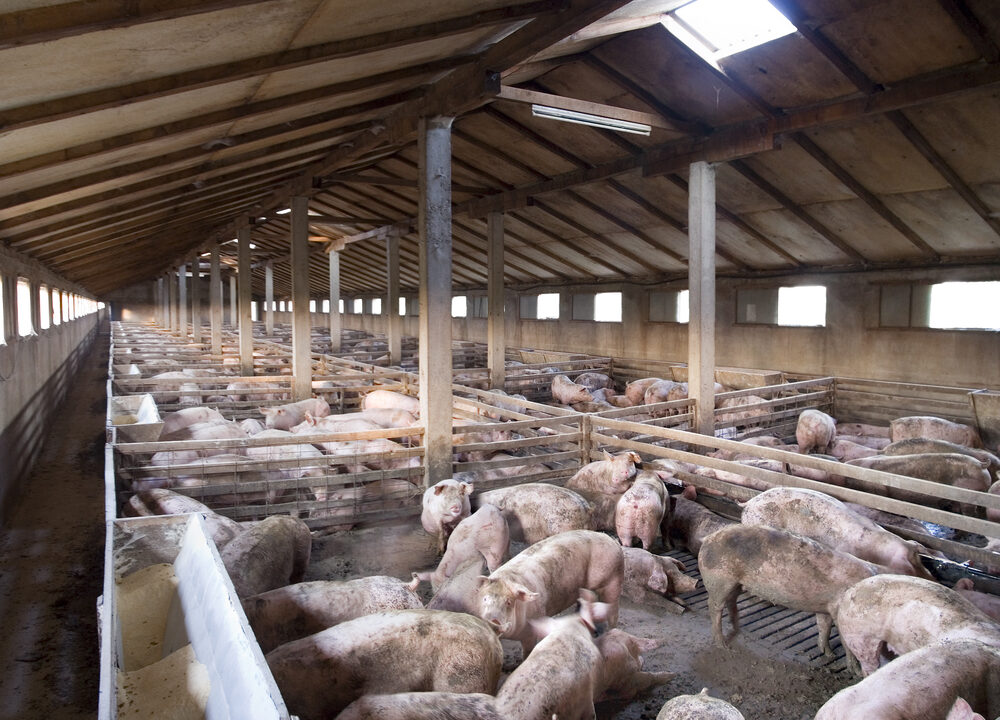Chilling fallen stock on pig units could lead to improved management, reduced disease risk and potential cost savings in the supply chain, according to research funded by the British Pig Executive (BPEX), the National Fallen Stock Company (NFSCo) and the Foodchain and Biomass Renewables Association (Fabra).
The study, carried out by Harper Adams University (HAU) and Danish consultancy, Patriotisk Selskab, investigated the concept of chilling fallen stock, and evaluating its potential for the UK pig industry.
In Denmark and The Netherlands the industries have been chilling fallen stock on units since 2008.
“This report is a useful start on a direction that may become more important as ABP directives adjustto a world where BSE is no longer the threat it was,” says Ian Campbell, Director of NFSCo.
“There are some serious disease threats from outside these shores for the pig and poultry industries that will, and should, increase the awareness of producers on the damage that could occur if strict bio-security controls are not exercised at farm perimeters.”
The research project investigated the viability of various on-farm carcase cooling methods currently in operation in Denmark, the Netherlands and at HAU.
These included cooling wells and a variety of cooling containers. Anecdotal evidence suggests that the introduction of carcase cooling increases the yield and quality of rendered products, and reduces the frequency of collections, such that a discount on collection costs can be been provided to farmers.
In addition, the introduction of carcase cooling provides a secure and safe method for on-farm carcase storage that, together with a reduction in the frequency of collections may significantly reduce the possibility of disease transmission and increase biosecurity.
For these reasons many farmers in the Netherlands and across mainland Europe have introduced carcase cooling methods even when a financial incentive has not been provided. The cost benefit analysis indicates that, assuming quantifiable financial benefits similar to those obtained in Denmark are applied; carcase cooling may be cost-effective in the UK, with some methods having relatively short payback periods.
In addition, further environmental, societal and biosecurity benefits may arise, but these have not been quantified.
The report concludes that the introduction of on-farm carcase cooling may be beneficial, but further strategic and applied research is required to objectively quantify the potential benefits of carcase cooling and develop a cost effective system for introduction in the UK.

